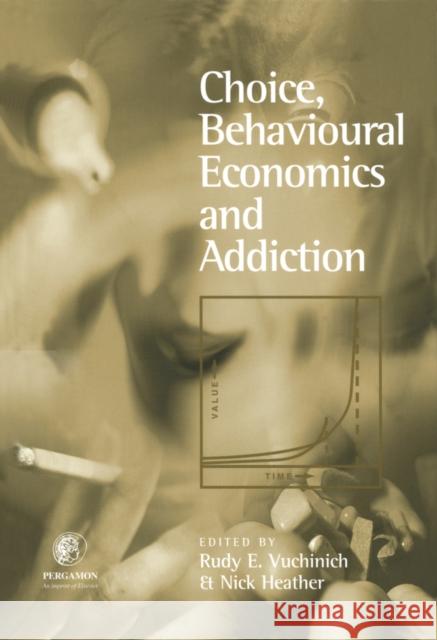Choice, Behavioural Economics and Addiction » książka
Choice, Behavioural Economics and Addiction
ISBN-13: 9780080440569 / Angielski / Twarda / 2003 / 458 str.
Choice, Behavioural Economics and Addiction is about the theory, data, and applied implications of choice-based models of substance use and addiction. The distinction between substance use and addiction is important, because many individuals use substances but are not also addicted to them. The behavioural economic perspective has made contributions to the analysis of both of these phenomena and, while the major focus of the book is on theories of addiction, it is necessary also to consider the behavioural economic account of substance use in order to place the theories in their proper context and provide full coverage of the contribution of behavioural economics to this field of study.
The book discusses the four major theories of addiction that have been developed in the area of economic science/behavioural economics. They are:
- hyperbolic discounting
- melioration
- relative addiction
- rational addiction
The main objective of the book is to popularise these ideas among addiction researchers, academics and practitioners. The specific aims are to articulate the shared and distinctive elements of these four theories, to present and discuss the latest empirical work on substance abuse and addiction that is being conducted in this area, and to articulate a range of applied implications of this body of work for clinical, public health and public policy initiatives.











